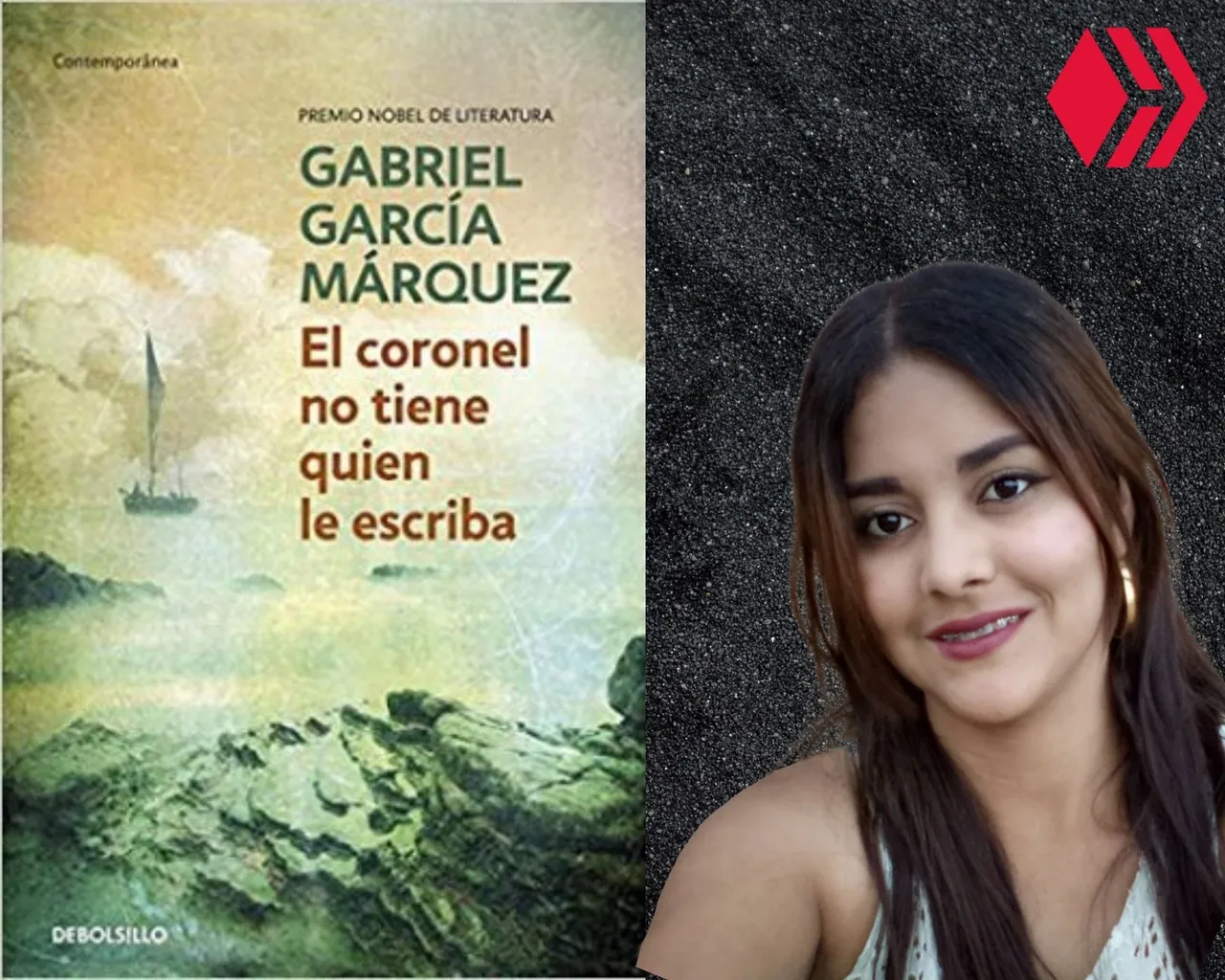

Hello friends hive lovers of literature, today I want to show you a little more about my ability at the time of writing is that I love to write is a way to vent a little of everyday life, the environment and what may be happening in it.
Life in relation to economics for many is not so easy and the story that I will show you today is a harsh reality that many people of retirement age go through, well at least in countries where economic development is not so high. As is the case in my country, Venezuela, it is not easy here, we have an economy on the ground and also the basic services are not the best, but we young people undertake more easily, we undertake, we get ahead (we look good as we say here), Now let's imagine for adults how difficult it is for them not to have an economic income and to know that one of their plans was not having to go back to work after having done it for more than 40 years and to retire. That is not easy!
But let's go back to a bit of the story that I spoke at the beginning is based on the life of a colonel. I read this book when I was 13 years old and I love it today. I want to share it with you.
Hola amigos hive amantes de la literatura, hoy quiero mostrarles un poco más sobre mi capacidad al momento de escribir es que me encanta escribir es una forma de desahogarme un poco de la vida cotidiana, del entorno y lo que pueda estar sucediendo en el.
La vida en relación a lo económico para muchos no es tan fácil y la historia que les mostraré hoy es una cruda realidad por la cual muchas personas en edad de jubilación pasa, bueno por lo menos en los países donde el desarrollo económico no es tan alto, como lo es el caso de mi país venezuela la cosa aquí no es fácil tenemos una economía por el suelo y además los servicios básicos no son los mejores pero nosotros los jóvenes emprendemos con más facilidad emprendemos salimos adelante (guapeamos como le decimos aquí), ahora imaginemos a las personas adultas lo difícil que es para ellos no tener una entrada económica y saber que entre sus planes no estaba esto el tener que volver a trabajar luego de haberlo hecho por más de 40 años y jubilarse ¡eso no es fácil!.
Pero bueno retomemos un poco de la historia que hable al principio está basada en la vida de un coronel, este libro lo leí cuando tenía 13 años y me encanto hoy lo quiero compartir con ustedes.

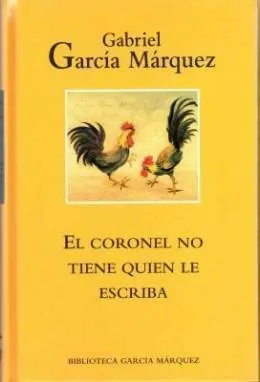
Title "The colonel has no one to write to him."
Author Gabriel García Márquez
It tells the story of a colonel who served his entire life and for 15 years has been waiting for his retirement pension. This is a narrative that reflects hope and resignation, as well as the consequences of upholding human dignity and principles in a corrupt society. The author of this book wrote it during his stay in Paris in 1955. It was not published until after 6 years it was until 1961 that the edition came out.
Título "El coronel no tiene quien le escriba."
Autor Gabriel García Márquez
Cuenta la historia de un coronel que prestó servicio toda su vida y durante 15 años ha estado esperando su pensión de jubilación. Esta es una narrativa que refleja esperanza y resignación, así como las consecuencias de defender los principios y la dignidad humana en una sociedad corrupta. El autor de este libro lo escribió durante su estancia en París en 1955. No se publicó sino después de 6 años fue hasta 1961 que salio la edicion.

Something very curious is that at the time that Gabriel García Márquez wrote this book, he was in Paris. Wow! the city of love anyone would say that he was giving the life of rich but it was not like that. the same account that he had to collect empty bottles and old newspapers from the streets of Paris and then sell them. This direct, personal experience of poverty, I think was what prompted him and gave him the necessary keys to write about this book (in his case I would have done the same because there is nothing more beautiful than telling others about his experiences. .
Algo muy curioso es que en el tiempo que Gabriel García Márquez escribió este libro estaba en parís ¡wao! la ciudad del amor cualquiera diría que se estaba dando la vida de rico pero no era así. el mismo cuenta que tenía que recoger de las calles parisienses botellas vacías y periódicos viejos para luego venderlos. Esta experiencia directa, personal de con pobreza, creo que fue lo que le impulso y le dio las claves necesarias para escribir sobre esta libro(yo en su caso hubiera hecho lo mismo porque no hay nada mas hermoso que contar a los demás las experiencias vividas.
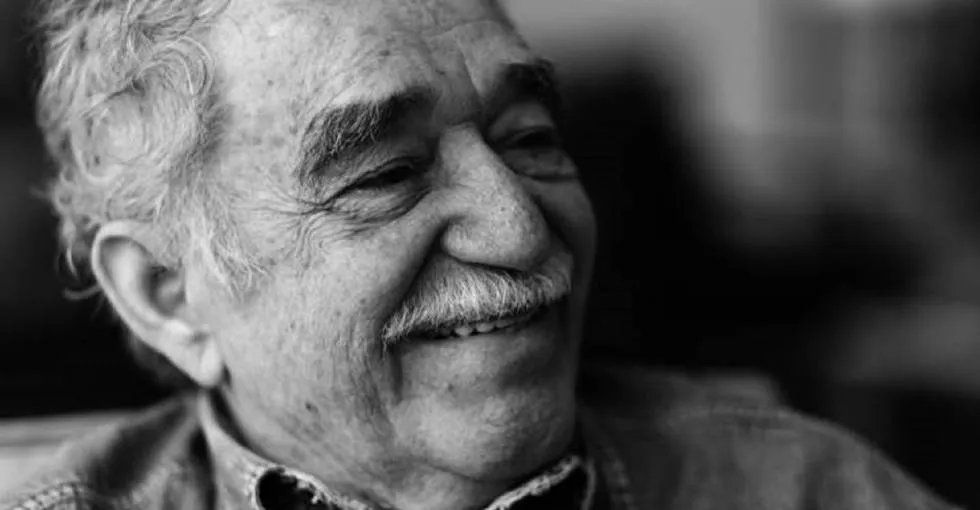
Gabriel García Márquez

Immersing ourselves in history.
Let's use our creative mind a little and imagine an older man who wakes up in the morning and discovers that coffee, something that Colombians love so much, is not enough for breakfast and sadly he has to attend a funeral (this is a double sadness), that According to the colonel, it is the first natural death they have in many years. His asthma-affected wife has been unable to leave the house for a long time, a total madness without money with a sick wife going through the aftermath of the war is not a pleasant thing. So the colonel continued with his day, he went to the plaza where they awaited him for burial and something that he didn't like very much started to rain, that's why he hated the month of October.
Sumergiéndonos en la historia.
Usemos un poco nuestra mente creativa e imaginemos un hombre mayor que despierta por la mañana y descubre que el café algo que los colombianos aman tanto no es suficiente para el desayuno y tristemente le toca asistir a un entierro (esto es una tristeza doble), que según el coronel es el primer muerto natural que tienen en muchos años. Su mujer afectada por el asma ya hace mucho tiempo no puede salir de casa, una total locura sin dinero con una esposa enferma pasando las secuelas de la guerra es algo poco agradable. Así el coronel continuó con su día se dirigió hasta la plaza donde le esperan para el entierro y comienza a llover algo que no le gusta mucho, por eso odiaba el mes de octubre.
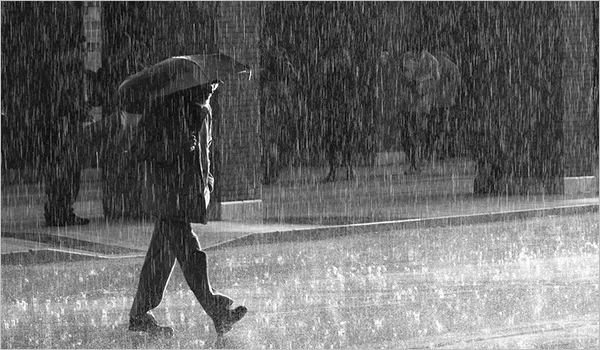

Economic heritage
The colonel has a fighting cock that is an inheritance from his son Agustín, who was killed in January in the cockpit for spreading clandestine information is that they were in time of war and everything was controlled by the armed forces. He tries to take care of the rooster and keep it well for the next fights even though his wife totally disagrees with keeping it, he placed all his financial hope on that animal and that bothered his wife a lot. (Imagine that, as a woman, I would do the same, because he would invest money from food even from his wife's publishing houses in the rooster).
Patrimonio económico
Él coronel tiene un gallo de pelea que es una herencia de su hijo Agustín, que fue asesinado en el mes de enero en la gallera por propagar informaciones clandestinas es que se encontraban en tiempo de guerra y todo era controlado por las fuerzas armadas. Él procura cuidar al gallo y mantenerlo bien para las próximas peleas a pesar de que su mujer está totalmente en desacuerdo de conservarlo, colocaba toda su esperanza financiera en ese animal y eso le molestaba mucho a su esposa. (Imagínese que, como mujer, yo haría lo mismo, porque él invertiría dinero de la comida incluso de los medicamentos de su esposa en el gallo).
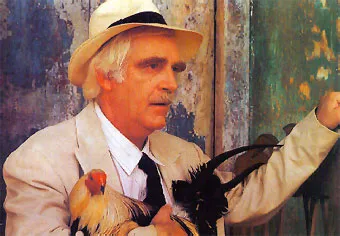
El coronel con su gallo

Never arrived
Always pending the letter that would arrive one day to change the economic situation in which he was, is that said letter contained the approval of his pension. One day, when the colonel went to the post office waiting for the letter, he remembered that it was the day of training and when entering the cockpit, the colonel saw his rooster and observed that this animal represents more than the economic, It represented union because all his friends helped him so that the rooster was ready because they believed that it was the best of all, it represents the solidarity of the people and their freedom, this produced an emotion that according to the colonel had not had something so alive for a long time in his hands like that rooster.
Despite everything, the colonel decides to keep and keep that rooster and spend another time waiting for the letter that never arrived, while his wife complains about the bad economic situation and he only gives her an answer that I will not tell them here. They read the book and its final parete (HAHAHA)
Nunca llego
Siempre pendiente de la carta que le llegaria algun dia para cambiar la situación económica en que se encontraba, es que dicha carta contenía la aprobación de su pensión. Un día, cuando el coronel va a la oficina de correos en espera de la carta, recordó que era el día de los entrenamientos y al entrar a la gallera, el coronel vio a su gallo y observa que este animal representa más de lo económico, representaba unión porque todos sus amigos le ayudaron para que el gallo estuviera listo pues creían que era el mejor de todos, representa la solidaridad del pueblo y su libertad, esto le produjo una emoción que según el coronel había mucho tiempo que no tenía algo tan vivo entre sus manos como aquel gallo.
A pesar de todo, el coronel decide conservar y mantener a ese gallo y dedicar otro tiempo a la espera de la carta que nunca llegó, mientras que su mujer reclama por la mala situación económica y él solo le una respuesta que no les dire aqui para que lean el libro y su parete final (JAJAJA).
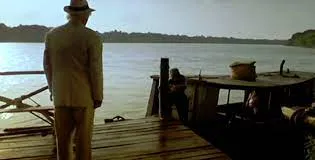
la carta nunca llego

The work does not represent a single place or the colonel only, but refers to all unjust countries, the people who have to suffer and all the processes that the elderly must go through even more in these last days in the Less developed countries have found it difficult, sadly I have seen older people and many children on the street asking for something to eat. I think it is time to get up and help those who need it and not just leave them waiting for the letter that will never arrive.
La obra no representa a un solo lugar ni al coronel solamente, sino que se refiere a todos los países injustos, al pueblo que tiene que sufrir y todo los proceso que deben pasar aún más las personas de la tercera edad en estos ultimos dia en los países poco desarrollados se les ha hecho difícil, con tristeza me ha tocado ver a personas mayores y mucho niños en la calle pidiendo algo para comer . Creo que es momento de levantarnos y ayudar al que lo necesite y no dejarlos simplemente esperando la carta que nunca llegará.
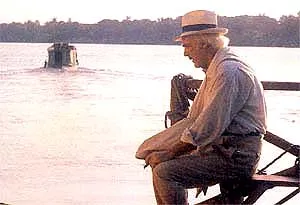

Si tienes alguna sugerencia que me ayude a mejorar mi blog escríbeme en los comentarios.

Para traducir utilice: Traductor Google
Imágenes editadas en Canva y otra tomadas de google
Autor original: Gabriel García márquez.
Copyright @susamusic - All rights reserved.
#cervantes #ocdb #ocd #literatos #curangel #kpine #theinkwell #whrite #literatura #venezuela #gems